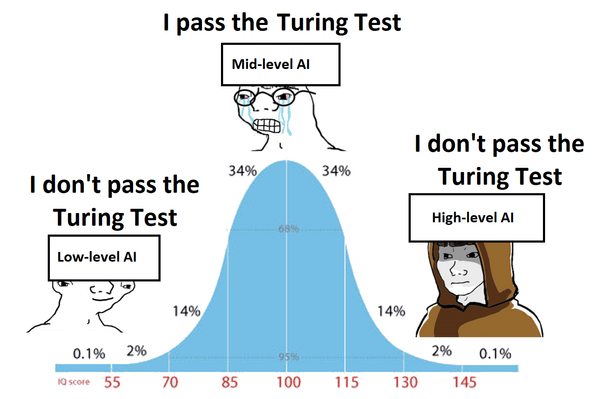The Role of Recency Bias in Stock Market Volatility
In the world of stock markets, volatility is a common phenomenon. Prices fluctuate rapidly, causing uncertainty and risk for investors. While various factors contribute to stock market volatility, one psychological bias that plays a significant role is recency bias.

Introduction
In the world of stock markets, volatility is a common phenomenon. Prices fluctuate rapidly, causing uncertainty and risk for investors. While various factors contribute to stock market volatility, one psychological bias that plays a significant role is recency bias. This article aims to explore the concept of recency bias and its impact on stock market volatility.
Understanding Recency Bias
Recency bias refers to the tendency of individuals to give more weight to recent events or information while making decisions. In the context of the stock market, recency bias occurs when investors rely heavily on recent stock price movements or market trends to predict future price movements. This bias can lead to irrational decision-making and contribute to increased volatility in the market.
Causes of Recency Bias
Several factors contribute to the development of recency bias among investors:
Availability heuristic: Investors tend to rely on information that is readily available to them. Recent events and market trends are more accessible in memory, leading to an overemphasis on recent data.
Anchoring: Investors often anchor their expectations to recent stock price levels. This anchoring can result in a reluctance to update their beliefs, even in the face of new information.
Confirmation bias: Investors seek information that confirms their existing beliefs. If recent market trends align with their expectations, they may become more confident in their predictions, disregarding contradictory evidence.
Impact on Stock Market Volatility
Recency bias can have several implications for stock market volatility:
Herd behavior: When a significant number of investors exhibit recency bias and make similar decisions based on recent trends, it can lead to herd behavior. This behavior amplifies market movements, causing exaggerated price swings and increased volatility.
Overreaction to news: Investors with recency bias tend to overreact to news, especially if it aligns with recent market trends. This overreaction can result in exaggerated price movements, leading to increased volatility.
Delayed reaction to new information: Recency bias can cause investors to have a delayed reaction to new information that contradicts recent trends. This delay in updating beliefs can prolong periods of volatility as market participants slowly adjust their positions.
Mitigating Recency Bias
To mitigate the impact of recency bias on stock market volatility, investors can employ several strategies:
Diversification: By diversifying their portfolios across different asset classes and industries, investors can reduce the impact of recency bias on their decision-making. This approach helps avoid overemphasis on recent trends in a specific market segment.
Long-term perspective: Taking a long-term perspective can help investors avoid being overly influenced by short-term market movements. By focusing on the fundamentals of companies and their long-term growth prospects, investors can reduce the impact of recency bias on their investment decisions.
Objective analysis: Investors should strive for objective analysis by considering a wide range of information, including historical data, fundamental analysis and expert opinions. This approach helps counteract the tendency to rely solely on recent trends.
Conclusion
Recency bias is a prevalent psychological bias that affects investor decision-making in the stock market. By understanding the causes and implications of this bias, investors can better navigate the volatility of stock markets. Mitigating recency bias through diversification, long-term perspective and objective analysis can lead to more informed investment decisions and potentially reduce market volatility.
Note: This article is for informational purposes only and should not be considered as financial advice. Always do your own research and consult with a qualified financial advisor before making any investment decisions.



